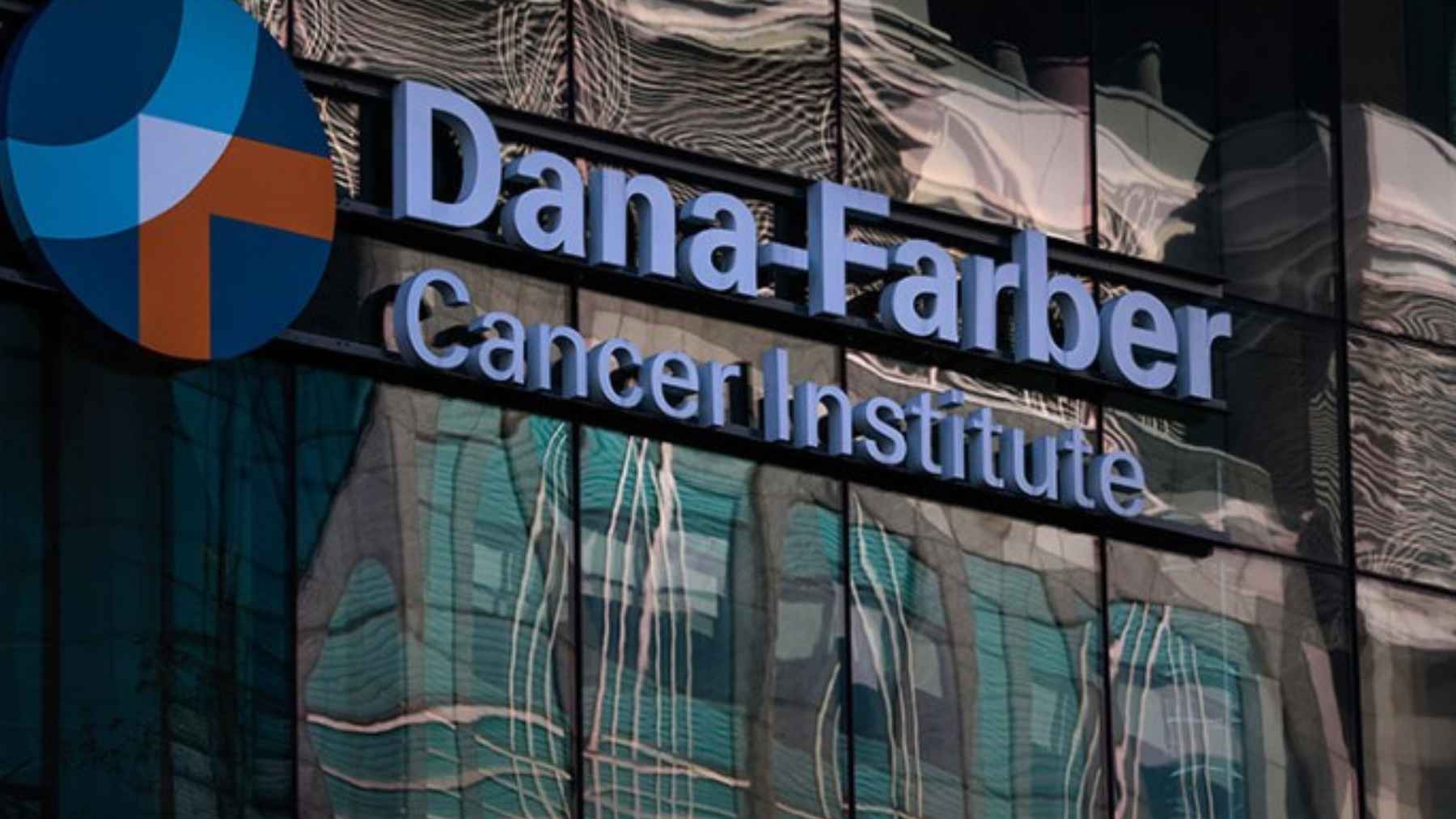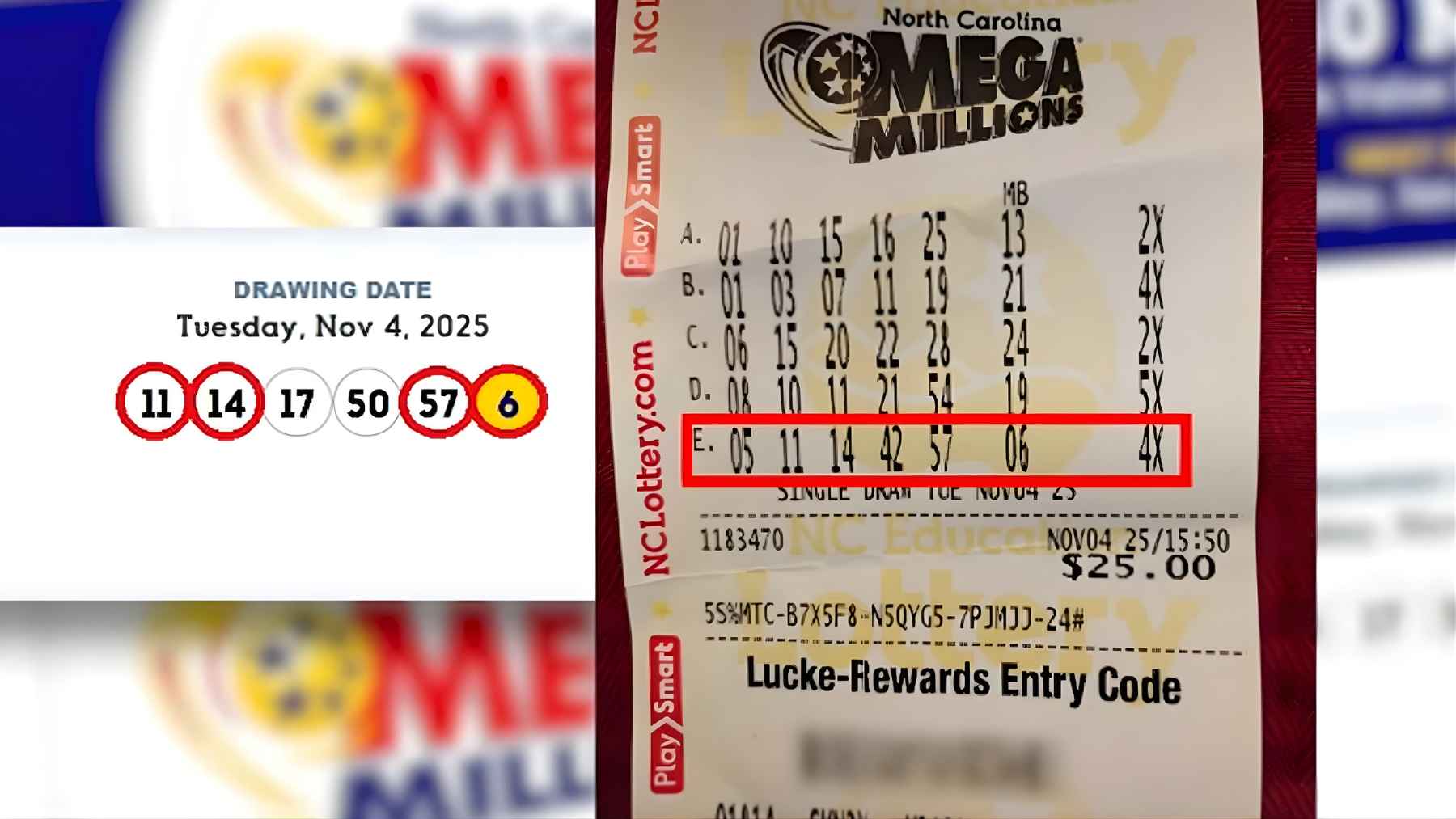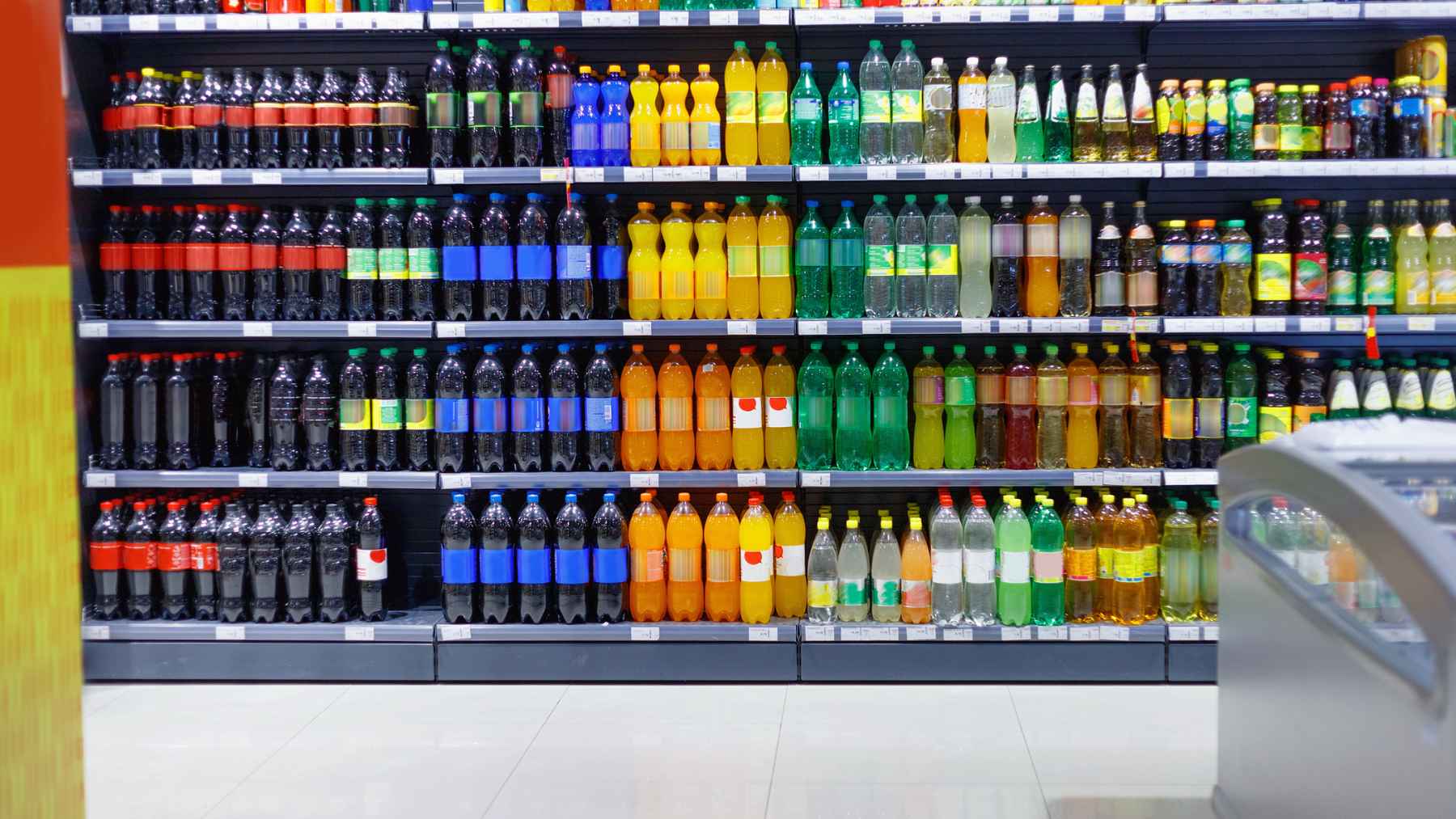A SNAP delay may occur in November for these beneficiaries. The Supplemental Nutrition Assistance Program (SNAP) provides essential monthly payments to eligible beneficiaries to ensure that they are able to cover food costs. While federally funded, it is up to individual state authorities to manage the distribution of payments to eligible residents in their states. While payment dates are generally distributed on a set date without exception, this month may see delays.
SNAP delay to be a significant problem for beneficiaries
SNAP has long been acknowledged as a cornerstone social service in keeping low-income and other economically vulnerable residents out of destitution and reducing incidents of childhood poverty. Orchestrated by the US Department of Agriculture Food and Nutrition Service, eligible beneficiaries have their benefits loaded onto an Electronic Benefit Transfer (EBT) card, which they can use to pay for groceries at participating stores.
The amount you receive in benefits is dependent on the number of dependents in your household relative to your monthly household income. SNAP authorities assume that 30% of a household’s monthly income goes toward food expenses. From there, your benefits are calculated by multiplying this statistic by your household’s net monthly income and subtracting the result from the maximum monthly amount that can be distributed for your household size.
The highest monthly benefit you can be eligible to receive from SNAP for this year amounts to $1,789 for a household of eight. For households that have more than eight dependents, an additional $218 is added on a pro rata basis. Additionally, to be considered for SNAP benefits, your gross income cannot exceed 130% of the national federal poverty line. As such, households that receive SNAP benefits rely on these benefits to ensure that their dependents remain fed, and a delay in benefits can risk households not being able to pay for food, considering payments are intended for low-income households.
These states announce Sa NAP delay in payments
State authorities, such as the Idaho Department of Health and Welfare and authorities from New York and Texas, have recently announced that their beneficiaries may see a delay in benefits this month due to the federal government shutdown:
“Starting October 16, SNAP [Supplemental Nutrition Assistance Program] benefits will not be paid until the federal government shutdown ends and funds are released to PA,” describes a notice from the Pennsylvania state website.
Warnings of a SNAP delay for November were announced at the start of October, whereby the U.S. Department of Agriculture announced that there would be ‘insufficient funds’ to distribute to states to pay their SNAP beneficiaries should the shutdown not come to an end. The shutdown pertains to federal authorities failing to reach an agreement by October 1 to extend government funding.
New changes for SNAP beneficiaries next year
With 2025 soon coming to a close, SNAP beneficiaries should also be made aware that significant changes are expected to affect them regarding SNAP eligibility criteria, as well as what they are permitted to purchase using their benefits. With the recent passing of the ‘One Big Beautiful Act’, stricter eligibility requirements are expected to be implemented for SNAP, such as an expansion of working requirements.
On top of these changes, other states are changing what you are permitted to purchase using these benefits. These changes are mostly aimed at reducing the amount of available sugary and ‘junk food’ items beneficiaries can purchase to encourage healthy living among beneficiaries. SNAP beneficiaries are permitted to purchase products such as fruits and vegetables, meat and poultry, and dairy products. In addition, beneficiaries may also purchase seeds and plants, as well as certain non-alcoholic beverages and snack products within certain parameters.
Disclaimer: Our coverage of stimulus checks, tax reliefs, tax rebates, tax credits, and other payments is based on the official sources listed in the article. All payment amounts and dates, as well as eligibility requirements, are subject to change by the governing institutions. Always consult the official source we provide to stay up to date and obtain information for your decision-making.














